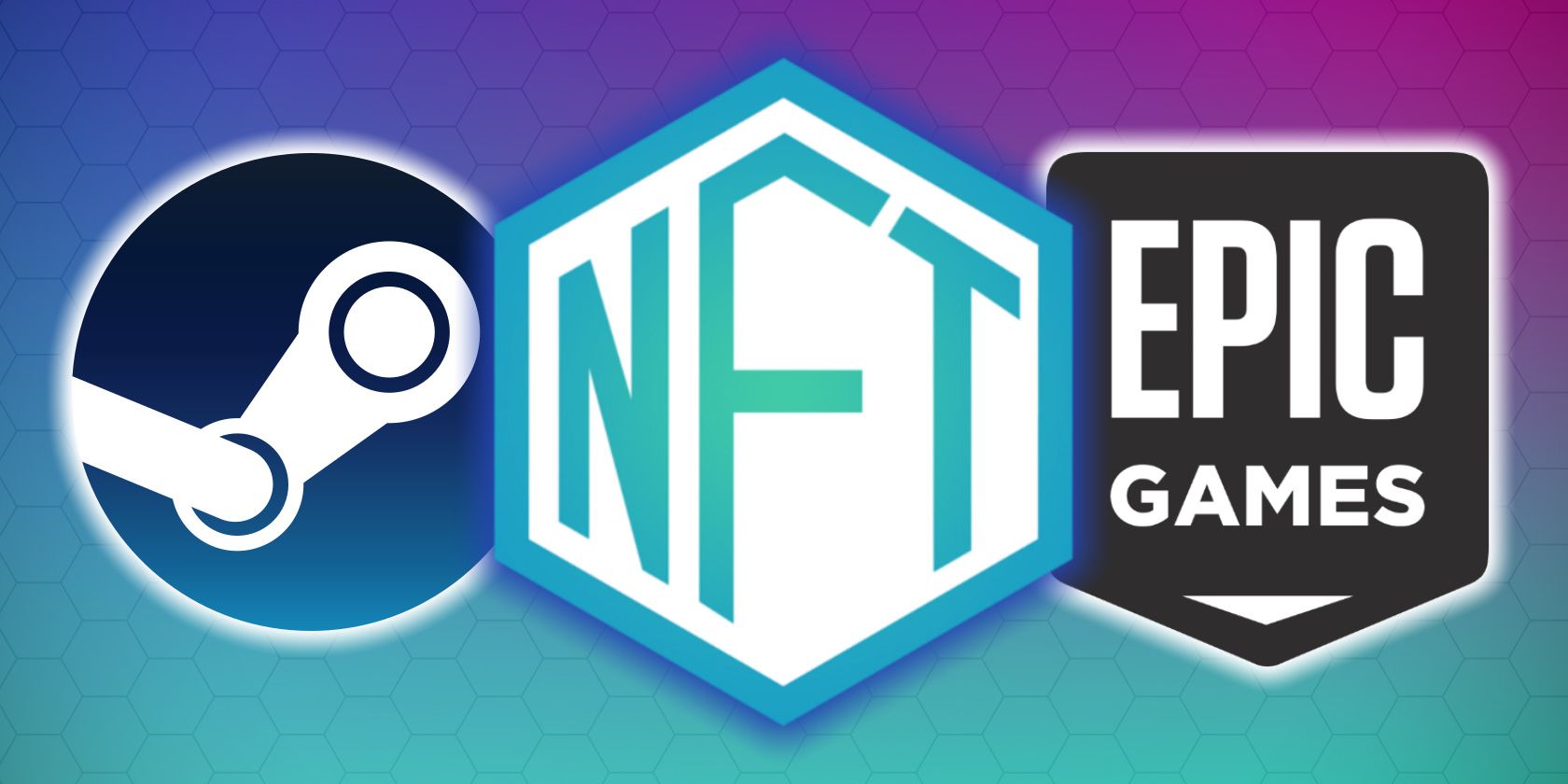It has been revealed that Steam will ban blockchain technology from games on its platform, pushing away from the notion that game items represented by non-fungible tokens (NFTs) would one day become mainstream.
The official NFT and cryptocurrency ban was only spotted recently by a developer who was working on a game featuring NFTs, but it has likely been Steam company policy for some time.
But in a surprise statement, Steam's rival platform, Epic, announced that they would be "open" to games using NFTs and cryptos, taking the fight to Steam.
Steam Bans NFTs and Blockchain Games
So, SpacePirate, a developer working on a first-person adventure game that allows you to earn NFTs for solving puzzles, first spotted the changes to Steam's developer onboarding portal.
Nestled under What you should publish on Steam is a new addition to the list:
13. Applications built on blockchain technology that issue or allow exchange of cryptocurrencies or NFTs.
The new rule is a very recent addition to the developer onboarding process and is likely to have caught one or two devs out, forcing them to rethink their game and overall approach to development.
But why has Steam banned crypto, blockchain, and NFT content from its platform?
Why Is Steam Banning NFTs?
While there is no official line from Steam on its NFT and crypto ban, there are likely two primary reasons behind it.
First, NFTs don't have the best reputation. Many see them as a purely speculative asset, even more so than most cryptocurrencies, even if they might have in-game uses. Some of those in-game uses are interesting, but it's difficult to see how Steam could implement and then manage them (although given the phenomenal success of its existing in-game items programs, you'd think it was possible).
Furthermore, NFTs are seen as bad for the environment, requiring huge amounts of computing power to mint and process. Other cryptocurrencies like Bitcoin have similar environmental image problems, and it'll be difficult for NFTs to shift this tag even with NFTs launching on less damaging platforms like Solana, Cardano, and Zilliqa.
The second reason (and one that SpacePirate believes is the primary reason) is that Steam doesn't want their platform monetized by anyone other than them. Although the original post claims that Steam doesn't want real-games items with real-world value, again, the success of Team Fortress 2 and other Steam titles with item trading puts pay to that. In reality, it is more likely that Steam doesn't want an item trading platform that cuts them out of the loop, and thus, strips potential revenue from the platform.
Epic: We Love Cryptos and NFTs
Never shy to turn down a moment to score some free points on its rival, Epic CEO Tim Sweeney took to Twitter to reveal that that platform would head in the opposite direction to Steam.
But outside of a hopeful and attention-grabbing statement from the Epic lead, there was little by way of actual information.
Furthermore, Sweeney's announcement backtracked significantly on another recent tweet in which he lambasts NFTs as a field "currently tangled up with an intractable mix of scams, interesting decentralized tech foundations, and scams."
Of course, people can change their minds, and you can see the potential of a technology like NFTs while recognizing that it isn't fit for purpose. So, while Tim Sweeney is happy to allow blockchain tech and NFTs on its platform, you won't be buying a unique Fortnite NFT outfit any time soon.
What remains to be seen now is how other gaming platforms respond to Steam and Epic's statements on NFTs. Will Microsoft allow NFTs throughout the Xbox network? How about Sony or Nintendo?

